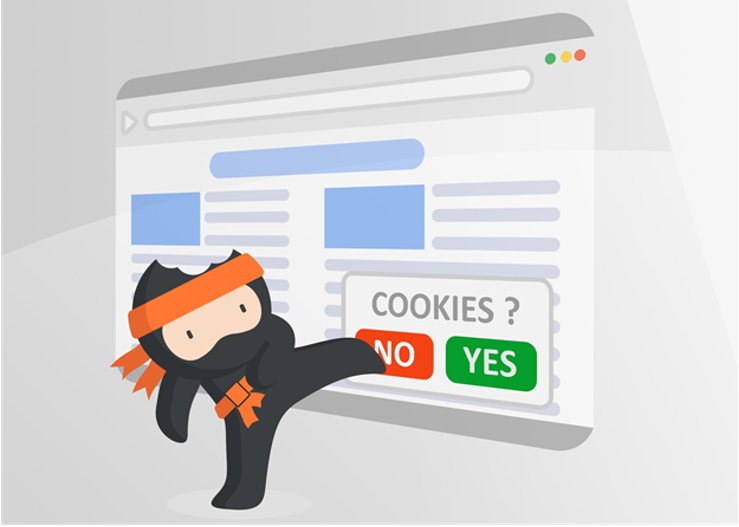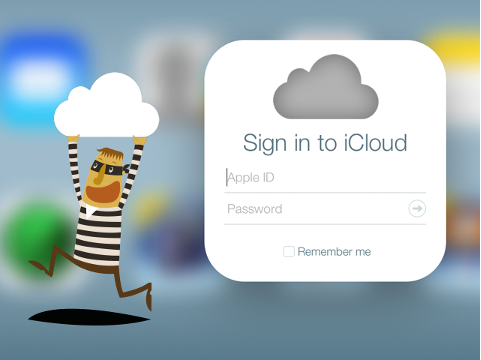“Privacy is not something that I’m merely entitled to, it’s an absolute prerequisite.” – Marlon Brando, 1960
Be-a-utifully said. Relevant 60 years ago, relevant nowadays. But today it is a bit difficult…
“Growing” Data
The volume of digital data is growing incredibly fast. It doubles year by year. It is mostly personal data of users. In the modern world, it is absolutely natural to send and receive any kind of data via the Internet. Any online activities like transactions or communication greatly simplify our everyday life. But there is always a price to pay, maybe not that obvious but still it can lead to confidential information leaks. And these leaks may entail very unpleasant consequences that go beyond digital environment.
What is the most valuable goods today?
It is information. It means it costs and it costs a lot. This is a cogent reason to think that your private information might be compromised.
Advertisers want to earn money as we all do so they would deeply appreciate to steal a glance at our browsing history because they can obviously benefit from it. Let’s say you are thinking of buying a car and type “The Top 10 Most Expensive Cars In The World” or “How to Lease a Car” in the search box. Having snuck into your search history, the advertiser do the math and prepare a good load of targeted ads such as great deals, insurance companies, best banks to take out a loan, etc. It might be awkward if the car was supposed to be a gift for your loved one and this annoying ad popped up at the wrong time and ruined the surprise. That was just a silly example of how our data might be used by third parties.
How is it possible?

The default settings of most web browsers allow to store on your device some information about the sites you visit. Here are the main ones:
- Cookies. Tiny files that sites utilize to remember your device and not log you out when your session is completed;
- Cache. It stores images and other permanent interface elements, which you do not have to wait for to be downloaded once again from the server next time. As a result, pages open faster;
- The browsing history.
A significant part of this information is available to online surveillance software. This info serves well to find out which sites you visit while surfing the Net and determine things you like. For instance, you have arrived in a new city. By the way, you are fun of coffee and always buy a cup or two in your hometown. Guess what? Most certainly, you will get a couple of unobtrusive clues on your social media that there are some cool coffee shops around the corner.
Is it OK?
Even though it seems pretty handy and free of charge (you do not waste your time looking though every other place checking reviews), many believe that Google or other services have no business knowing about our preferences unless we decide so.
Tim Cook, CEO of Apple Inc., also has a similar take on it: “We don’t think you should ever have to trade it for a service you think is free but actually comes at a very high cost. This is especially true now that we’re storing data about our health, our finances and our homes on our devices”. It is understandable because collecting that information and selling it off to companies they influence, though indirectly, our decision making based on the data so it does not look like a free choice anymore. Actually, it is mandatory for all websites to warn users even about the cookies, whereas social media platforms must present their terms and conditions to you before signing up. Once you check an “I agree” box, you may proceed further. Do you remember when last time you at least opened it (not to mention read it in full)? If you do, you might be aware of the privacy policy. Basically we voluntarily give them away our data. Forewarned – Agreed – Now blame yourself.
Anything else?

Well, targeted advertising appears to be less harmless when a risk of publishing your personal life gets in the way (this is the point where blackmail shows up). It is hard to count how many iCloud leaks of private celebrity photos and videos ended up in public access in the 21st century. And that is not all. Do not forget credit card fraud. In no time, hackers can get hold of credit card details on the Dark Web. Why those details are there anyway is another question.
Well done, Captain Obvious, say those who have heard of Edward Snowden (the guy who is behind revelation of mass surveillance), the “Stellar Wind” program or Hemisphere Project. But c’mon, the government ought to respect and protect its citizens’ privacy, not violate it. As per constitution, it is supposed to be monitoring people that have individualized particularized suspicion of wrongdoing. Something does not add up, does it?
Covering your webcam is not a panacea

In fact, the worst thing you ever typed in your search box lasts forever and they have a record of that and can get it from Google anytime. So what to do? Cancel Facebook, get rid of smartphones, forbid children to start social networks account? After all, if there is no data, it cannot be stolen. Pretty much solution. You can also use all sorts of tools to reduce tracking, such as the Tor browser or VPN to change your IP address. Or you can put up with it. It is up to you. Because maybe you want to share more than other people do…
1,304 views
